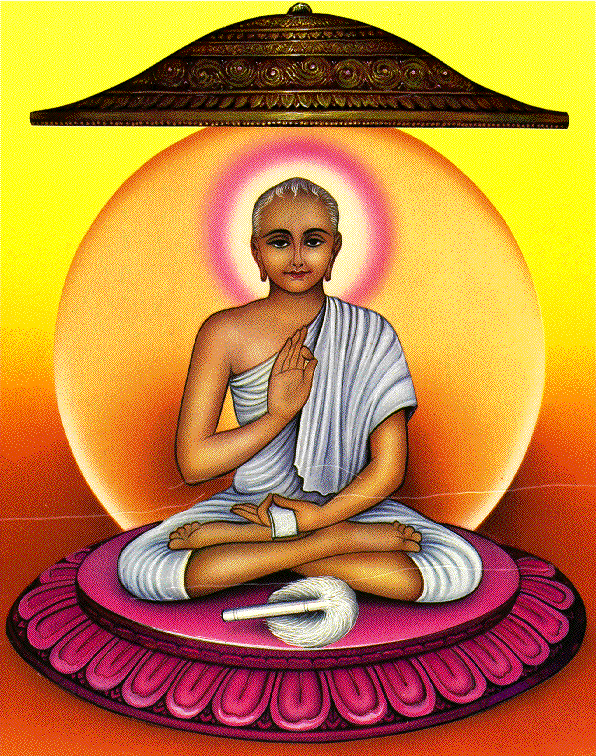Jain Religion History – Jainism is an ancient Indian religion with a rich history dating back to the 6th century BCE. The religion was founded by Lord Mahavira, the last of the 24 Tirthankaras, who is believed to have attained spiritual enlightenment after many years of self-discipline and meditation.
Jainism is based on the belief that every living being has an eternal soul (jiva), and that the ultimate goal of life is to achieve liberation from the cycle of birth, death, and rebirth by following a path of self-discipline and spiritual purification.
Jainism’s teachings emphasize the importance of non-violence (ahimsa), truthfulness, honesty, and non-attachment. Jainism also places great emphasis on karma, the belief that a person’s actions have consequences that determine their future lives.
Throughout its history, Jainism has had a significant impact on Indian culture and society. Jain literature includes a vast collection of scriptures, including the Agamas, which contain the teachings of Mahavira and other Tirthankaras. Jainism has also been influential in the fields of art, literature, and philosophy.
Today, Jainism is a minority religion in India, with approximately 4.2 million followers. Jainism is also practiced in other countries, including the United States, Canada, and the United Kingdom. Jainism has had a profound influence on Indian society, particularly in the areas of vegetarianism, non-violence, and the promotion of social justice and human rights.





